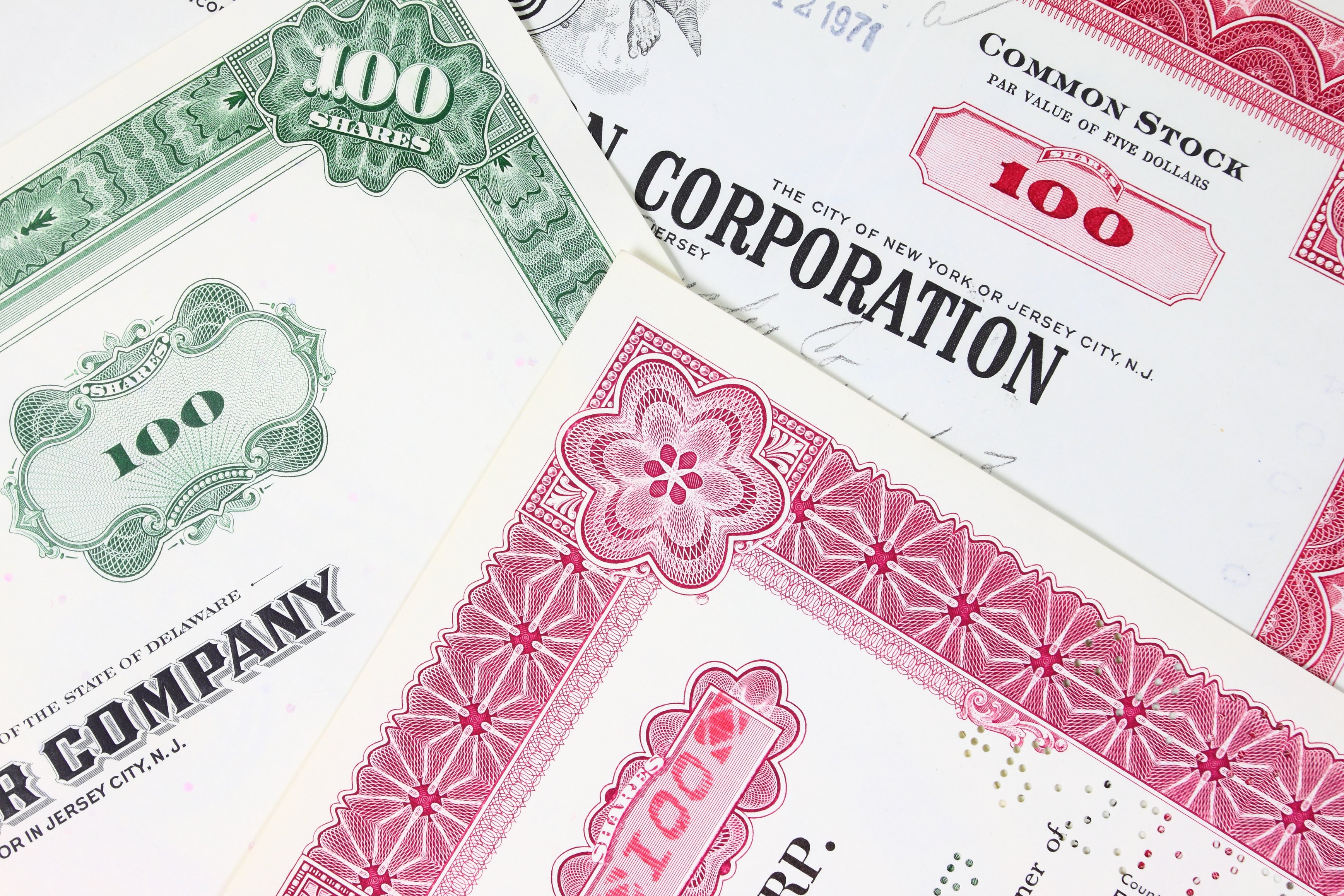It's not often that you see a Food and Drug Administration rejection result in the drug developer's stock going up by a double-digit percentage. But that's just what happened last March when the FDA initially rejected Amylin Pharmaceuticals' (Nasdaq: AMLN) Bydureon.
Going into the decision, investors figured there was a decent chance that the FDA would require additional clinical trials, which could have delayed the launch by Amylin and marketing partner Eli Lilly (NYSE: LLY) by a year or more. Investors sighed in relief when all the FDA wanted was the Risk Evaluation and Mitigation Strategy (REMS) tweaked a little and clarification about manufacturing of Bydureon.
Bydureon is a once-weekly version of the duo's twice-daily diabetes drug Byetta. The jump from 14 needle sticks to just one was made possible by Alkermes' (Nasdaq: ALKS) extended-release technology, which will get royalties if it's approved.
Amylin needs Bydureon to do more than just replace Byetta to be successful. It'll need to take considerable market share from a competing GLP-1 drug, Novo Nordisk's (NYSE: NVO) Victoza, which shouldn't be too hard since Victoza is injected once a day. But Bydureon really needs to capture some patients that are currently taking oral medications such as Merck's (NYSE: MRK) Januvia and Takeda's Actos. Byetta had a hard time accomplishing that, but the decrease in needle jabs could be enough to get Bydureon to blockbuster status.
An approval -- perhaps Friday, but maybe earlier or later -- is highly expected. Don't anticipate a repeat performance of the favorable stock price reaction if the FDA doesn't pass Bydureon on its second attempt. While I'll plant my flag in the camp expecting an approval, I'd caution investors not to go all-in here. It's not unprecedented for minor issues to trip up companies multiple times. Worse yet, we've seen the FDA to come up with new issues even after having another six months to review the drug.






